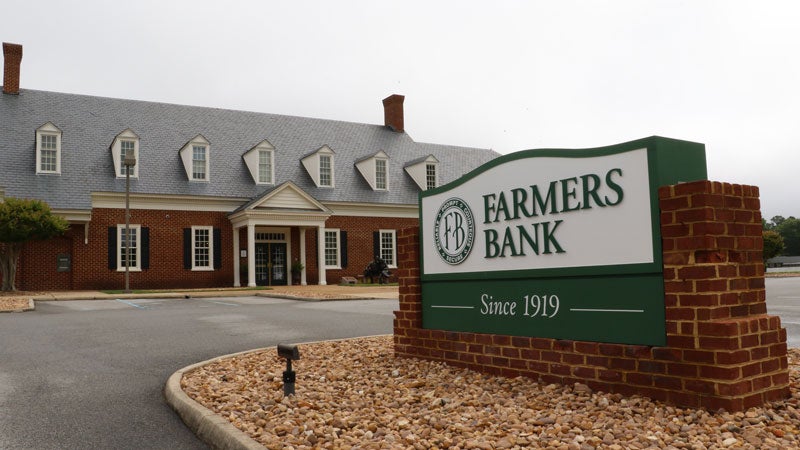Make the best use of your tax refund
Published 10:06 pm Friday, March 15, 2013
By Nathan Rice
It’s that time of year again, when dancing Uncle Sams and Statues of Liberty line the streets of Hampton Roads and the nation. These icons stand and dance as living signs to the closest tax preparation center, with each preparer promising to get you the biggest refund humanly possible.
If you are one of the ones who receives a refund, there is often the question of what to do with the funds you receive. Is it best to splurge and buy that new flat-screen TV, throw it all on stocks for the future, put it in a savings or drive to Colonial Downs and place it on the long shot?
Here are some ideas on how to use that refund to its fullest potential.
Begin or add to your emergency fund. Financial advisors and counselors suggest everyone have between three and six months of their monthly salary in a liquid savings account available in the case of an emergency. But let’s face the fact that this is much easier said than done.
Putting away a few dollars each month is great, but it can take a long time to build up that emergency fund at that rate. Putting some of your tax returns in a safe, accessible emergency fund is a good way to begin or build that account.
Many of us have already broken our New Year’s resolution to save more for retirement, and with Social Security in crisis, we wonder about our golden years.
Funding an individual retirement account with your refund could earn you a double bonus. Most contributions to a traditional IRA account are tax deductible, which can help you earn a greater refund next year. Now, that is a win-win situation that can continue from year to year.
A refund is also a great way to build or rebuild your credit. Paying down credit cards not only can increase your credit score, it can also help save even more money on interest throughout the year.
If building credit is your aim, consider using the funds for a share secured loan or credit card. Share secured loans use funds in your account as collateral and are often automatically approved with a low rate.
Finally, take a look at your refund and consider if adjustments are needed to your withholdings for the new tax year. Yes, receiving the deposit in February can be fun and exciting, but it should never be your annual savings plan.
Uncle Sam does not pay interest on your money, which he has used throughout the year. Speak with your tax professional about possible adjustments to your withholdings.
This tax season, wave to Uncle Sam and the Statue of Liberty as you drive by, but whatever you do, don’t fail to put your refund to its greatest use.
Nathan Rice is the Relationship Manager of the Downtown Suffolk branch of ABNB Federal Credit Union. He is a Hampton Roads native and can be reached at nrice@abnb.org.






